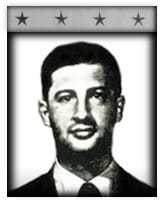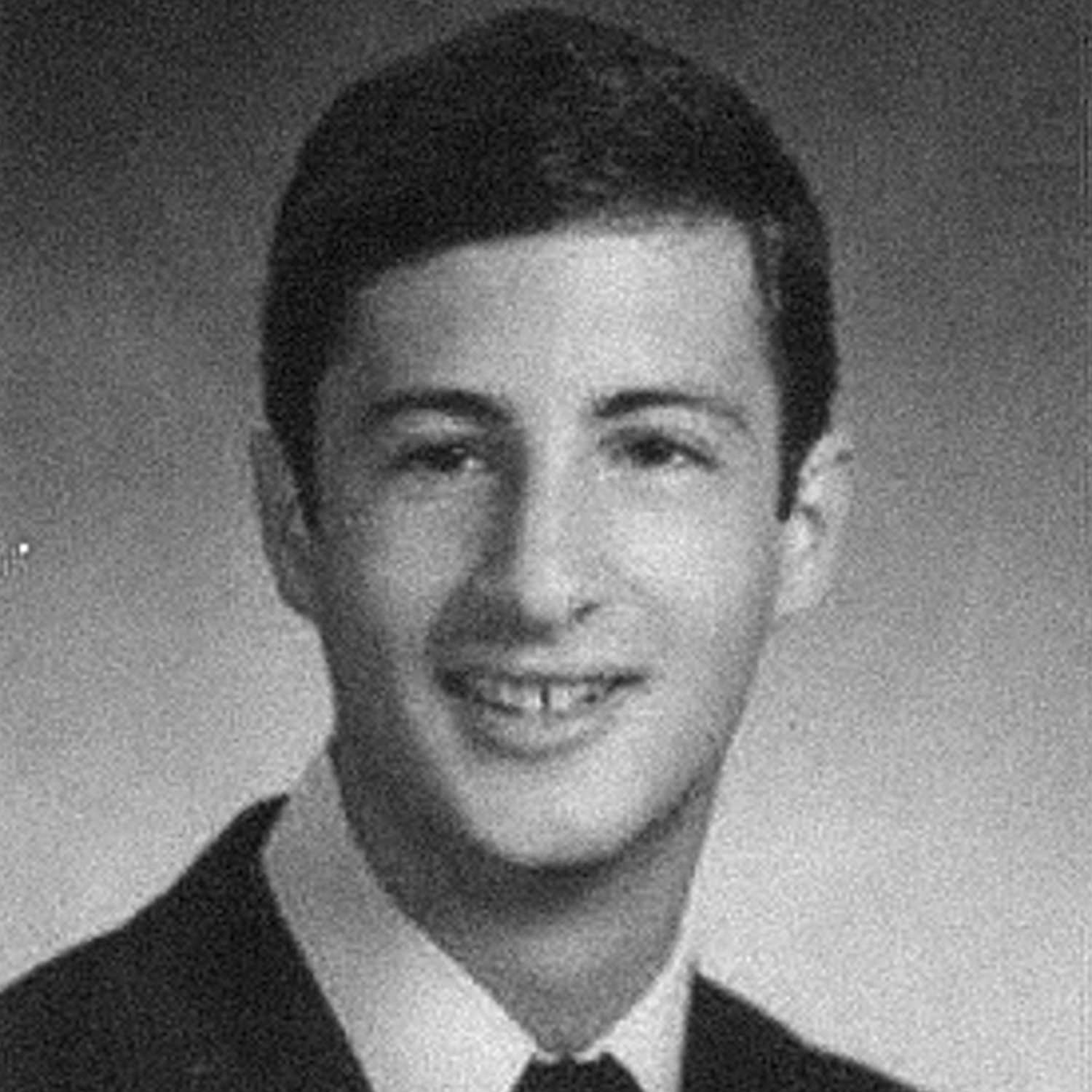Barry S. Castiglione, a CIA employee for 10 years, died in El Salvador in July 1992, while rescuing a fellow employee from drowning.
His story is a reminder of the sheer sweep of our global mission, and his experiences exemplify the risks inherent to intelligence work, as well as the bravery and integrity of those like Barry who heed the call to serve their country.
Early Years:
Barry was born in Boston, Massachusetts, on February 8, 1955.His childhood years and early education (K thru 10th grade) were completed in Natick and Newton, Massachusetts.
Prior to the beginning of his junior year of high school, the family relocated to Europe where his father was engaged in multi-national business on behalf of an American corporation. Barry completed his final two years of high school, (first as a “Day-Hop” and subsequently as a boarding student) at the Notre Dame International School in Rome, Italy. He competed as a member of the school’s varsity track team, running middle-distance and cross-country events. He graduated in June of 1973, with honors.
Later that year he entered St. Bonaventure University in New York State, and, in 1977, graduated, having earned a Bachelor of Science degree in Political Science and Economics, Cum Laude. He wrote and published two theses: Communism in Italian Politics, and Multi-National Corporations, Double Taxation and its Consequences.
Life in the Military:
Barry joined the Marines in 1977 and completed Basic Training at Parris Island, South Carolina, and then attended the Infantry School at Camp Pendleton, California, where his specialty was anti-tank assault.
He spent most of his three-year Marine service stationed in the Republic of the Philippines, where he earned an Emergency Medical Technician license from Los Angeles Community College through an extension course on the Subic Bay Naval Base.
While there, Barry served as head of a security detachment, but told friends his favorite military experiences were “jungle patrolling” and jungle-survival and warfare training.
Following his honorable discharge from the Marines as a corporal in 1980, Barry enrolled part-time in the University of Maryland’s graduate management program.
That same year he worked as a project administrator and general support officer for Cosmos Engineers International, Inc., in Washington, DC, managing an international satellite earth station in the Middle East and a border-defense antenna system project in Africa.
Life at CIA:
Barry joined the CIA in July 1982 and was assigned to the Office of Logistics as a supply officer trainee. During his first 18 months, he trained as a supply and ordnance officer with specialties in weapons instruction, small arms repair, hazardous material handling, and demolition; he also earned FAA certification as a parachute rigger.
Armed with such diverse training, Barry was destined to spend the next 15 months on a series of exciting temporary duty (TDY) assignments around the world.
Following several weeks supporting a station in Africa, in August 1983 Barry was temporarily assigned a major logistical support role in Central America. He worked as a singleton officer at a remote location training foreign nationals on supply procedures.
He also had “unofficial” responsibility for briefing pilots on flight grids and other issues associated with difficult flight patterns and restrictive landing areas.
In addition, Barry handled a multitude of general logistical supply and management responsibilities supporting a warehouse and a vehicle fleet: it was clear to his supervisors in the field and at headquarters that he thrived on the enormity of the pressure and scope of his responsibilities.
Barry’s temporary assignment in Central America lasted more than six months. Returning to headquarters, he served as deputy chief of the technical advisory section in operations support.
Barry’s training and broadening logistical support experiences earned him an important two-year assignment in 1985 to the Middle East. He served as the chief logistician supporting extremely sensitive special projects for the Directorate of Operations, as well as having responsibility for the station’s logistical requirements.
He returned to Washington summer of 1987. In August, Barry married the love of his life.
Within a few months he was once again sent on another TDY, this time in Europe, to inventory and liquidate the property of a project. Then he was off to Central America on another training mission.
In 1990, Barry and his wife began a two-year assignment in Southeast Asia, but not before he earned a master’s degree from the George Washington University School of Government and Business Administration: his concentration was in the field of logistics, operations, and materials management.
In Asia, he had major logistical support responsibilities for several area facilities. But his toughest challenge was his supporting role in closing down a field communications facility—a tumultuous time in the history of the Office of Communications.
No sooner had he finalized the closure of the facility (involving a lot of complicated logistics), when it was decided to not close but instead transfer that communications equipment to another location six months sooner than had previously been planned. It all worked out well, and Barry’s performance was outstanding!
His Final Mission:
In the summer of 1992, having returned only a few months earlier from Asia, Barry Castiglione volunteered for another TDY in Central America.
On Sunday, July 19, Barry and a number of Agency employees were at a beach house in El Salvador. One member of the group entered the water up to her waist and was suddenly pulled under the water by a rip current.
When she came up to the surface, she was frightened and attempted to swim toward Barry and another employee, who were nearby, but she was overpowered by strong currents and quickly drawn further and further out to sea.

Barry and his colleague saw her predicament and, with full knowledge of the risk to themselves, swam out to rescue her.
She was totally exhausted, panicked, and about to go under water again.
Barry reached the drowning woman first and encouraged her to conserve her energy by floating and not fighting the current. His colleague arrived and was ultimately able to assist the drowning woman back to shore.
Unfortunately, Barry had exhausted his energies trying to help her and didn’t have the strength to fight his way through the currents to shore.
Barry Castiglione drowned before additional help could reach him.
At the time of his death, Barry was 37 years old. He was survived by his wife, 5½-month-old son, his sister, and his parents. Barry was posthumously awarded the Agency’s Intelligence Star in recognition of his selfless, courageous, and heroic lifesaving efforts.

